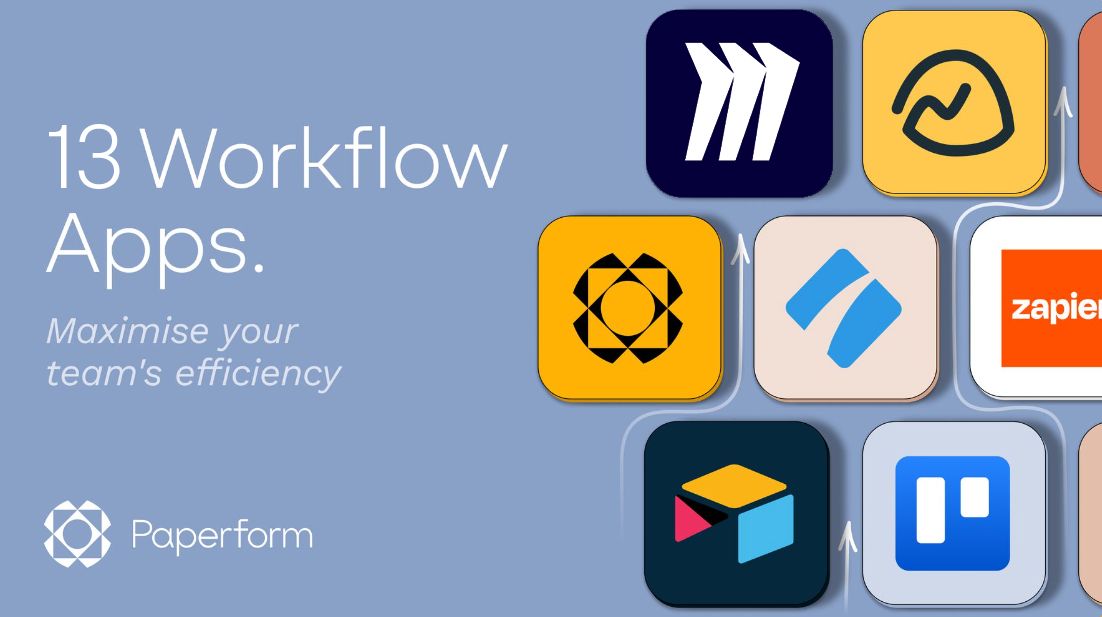The UK job market for 16-year-olds is peculiarly situated at an intersection of education, career exploration, and part-time employment. Seasonal and part-time jobs, on the other hand, prepare the young individuals who make their first forays into the world of work with experience and financial independence. This article discusses the current perspectives on employment for 16-year-olds in the UK, treading through government statistics, popular job sectors, regional hiring trends, and salary expectations.
Employment Statistics
UK government statistics estimate that a proportion of about 18 to 20 percent of 16-year-olds engage in part-time work or seasonal work; many of these students combine such employment with continued education. Seasonal work is at its highest during summer and festive periods, with most retail and hospitality outlets taking on temporary staff. A number of 16-year-olds have weekend jobs, which enable them to focus on their studies during the week.
There are fluctuations in the actual number of working youth over the years, but recent evidence from the Office for National Statistics provides an indication that work among young people is slightly falling compared to pre-pandemic levels. Business sectors, mostly in hospitality and retail, depend on teens as their workers for flexible, part-time jobs.
Popular Sectors Offering Jobs
There are a number of industries that tend to be particularly popular employers of 16-year-olds. These tend to be industries where entry-level jobs can be flexible and require less experience. Some of the most popular jobs that teenagers have reported choosing include the following.
Retail: Many shops, supermarkets, and department stores hire younger staff to help with customer service, replenish stock, and work on the tills. Major retailers such as Tesco, Asda, and Primark have actively opened their doors for part-time workers during the holiday period.
Hospitality: Restaurants, cafes, and fast-food outlets such as McDonald’s and Starbucks also employ people in this age bracket. Jobs here often include table waiting, food preparation, and customer service generally.
Seasonal Work: Theme parks, holiday resorts, and summer camps offer seasonal positions, which are particularly popular among younger workers during school breaks. Major attractions such as Alton Towers and Thorpe Park often have a high demand from young people for ride operators, ticket sellers, and food service staff during summer or school holidays.
The same number of 16-year-old students are also engaged in casual jobs like babysitting and tutoring, especially during school holidays. Such work may not be reflected in official statistics, but it is flexible and often lucrative.
The delivery and courier services also work part-time, especially with young teenagers, when it comes to maintaining the logistics or helping in the facilitation of delivering packages due to the increase in online shopping. Employing Trends in Different Regions The job availability for 16-year-olds also differs from region to region in the UK. The major cities are the center of attention, along with tourist sports. The following are some of the regions where the demand for seasonal and part-time workers is higher:
London: The UK’s capital has ample retail, hospitality, and leisure roles available. The retail sector is one of the largest employers of teenagers, especially, with thousands of part-time roles across the city’s shopping districts.
Seaside Towns: For example, large seaside towns such as Brighton, Blackpool, and Bournemouth have staffing needs in larger numbers during the summer months. Many hotels, restaurants, and places of interest open their doors to young people to help cater to the summer invasion of tourists.
University Towns: Cities such as Oxford, Cambridge, and Edinburgh prosper through an influx of students, meaning the towns have a rather lively hospitality and retail industry. Most of these towns are likely to have high turnover since part-time jobs are frequently taken up by students while studying.
Theme Parks and Resorts: Areas around this type of popular theme park, including Chessington, Legoland Windsor and Alton Towers provide a whole host of seasonal jobs to many teenagers during school summer holidays.
Rates of Pay for 16-Year-Olds
In the UK, the current minimum wage for 16-17-year-olds is £5.28 per hour. This is accurate as of April 2024. In reality, wages will vary with your employer, the job, and your location. For example, retail jobs in London may be marginally better waged because of the higher cost of living in the capital. Many students also receive a range of other benefits, including staff discounts, tips, or holiday pay.
Although the wage for 16-year-olds is lower compared to older workers, these jobs provide crucial entry-level experience and a first taste of financial independence. Many employers also offer development opportunities, giving these young workers skills that could be valuable for future careers.
Early Employment Benefits
Part-time jobs for 16-year-olds have a number of benefits aside from the obvious one of bringing in money. First of all, such jobs provide an early opportunity to develop important life skills: time management, teamwork, and customer service. Moreover, early work experiences might strengthen subsequent job applications and help when the young person enters the full-time job market.
The majority of companies have scope for internal growth so that a young person employed would see their responsibilities grow with the experience gained over time. Actually, many can offer long-term employment possibilities even when school or further education has been concluded.
Writing a Resume
The most vital paper that any 16-year-old searching for a job should have is a finely-drafted CV. The CV should be brief, straightforward, and focus on transferable skills learned at school, through volunteering, or extracurricular activities. A good CV template for a 16-year-old might begin with a personal statement, where one writes a little about himself, his ambitions, and why apply for the post. The next section must be that of education, stating recent schooling and any achievements or interesting subjects. Since work experience is minimal, this becomes an important section. In the skills section, the candidate should highlight communication, teamwork, and problem-solving skills acquired in school projects, sports, or part-time jobs. The hobbies and interests section in the CV should show relevant interest in the job description. Lastly, add a little bit of a section at the end listing volunteer work or informal roles, such as babysitting or tutoring. It is advisable to make the CV not more than one page so that it will be easy for the employers to read.
This format is made in a way that will help show the potential and strengths of the young applicant even though their substantial effort in work was missing due to the limited years; hence attracting him or her to potential employees who can employ him as an entry-level worker or part-time worker
Conclusion
Jobs which can be offered to 16-year-olds are innumerable in the UK. The most common ones are those related to retail, hospitality, and seasonal work. While job availability does fluctuate with time and geographical location, there are, nonetheless, enough opportunities for the youth to gain valuable work experience. It is anticipated that minimum wage rates will increase and that one will indeed pick up multiple life skills, so the job market for 16-year-olds still remains a major avenue through which one attains financial independence and, for that matter, future career success.





